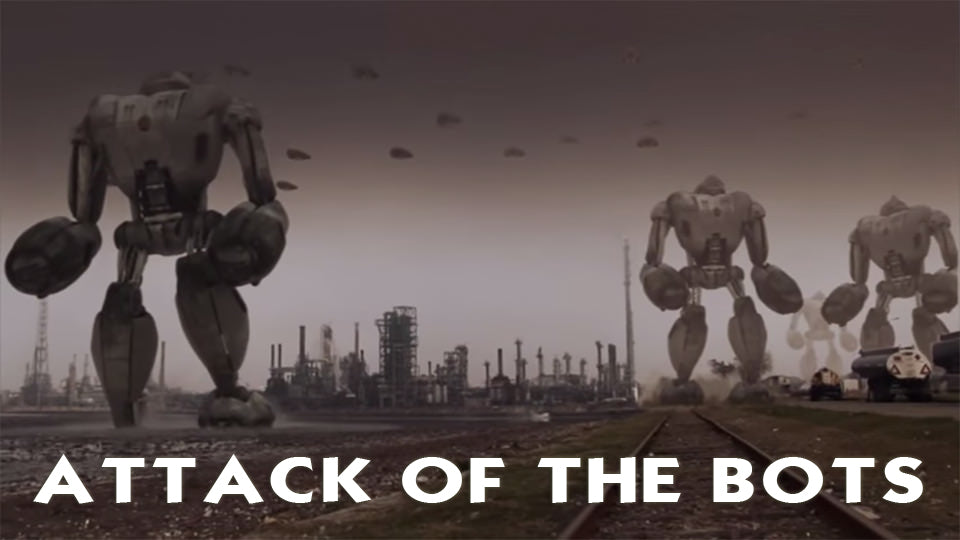Hollandazed: Thoughts, Ideas, and Miscellany — game development
BUILDING CHARLEMAGNE (by Tom Russell)

Agricola, Master of Britain was by my count my fifteenth wargame to be published. As is always the case, I hoped that the game would sell well, and that it would be well-received. But I had been through that process fourteen times previously, and none of those sold as well as I had hoped (a couple even lost money for their publisher). The people who actually bought and played them seemed to like them, but there wasn't any kind of buzz around them that would translate to people recommending the game to their friends, or talking them up online. The...
SOME VERY QUICK THOUGHTS ON FORCED JUMPS (by Tom Russell)

When it comes to traditional abstract games, Chess is arguably the King (and Queen, and Bishop, and Rook). Only Go rivals it for popularity and fanaticism. Backgammon is older than both of them, and I actually find it more dynamic than Chess, but it hardly has the same following or the same kind of serious attention afforded to it. Only hardcore abstract enthusiasts have time for oddities like Nine Men's Morris or Fox and Geese, and even children get bored with Tic-Tac-Toe pretty rapidly. And then there's Draughts (or Checkers). Draughts gets a bad rap. At least in the...
DESIGNING WITH MY GUT (by Tom Russell)

My design process is often largely intuitive rather than analytical. So, for example, while I will certainly take a look at casualty returns when designing a game on an ACW battle, I'm not going to plug those returns into some kind of algorithm, or determine the average losses per battle per brigade over the course of a campaign in order to determine the fighting value of the unit, or the leadership ability of its general. Rather, I make these decisions with my gut, with what "feels" right. Then I try it out and see if it works. If it doesn't,...
FAIR (by Tom Russell)

ATTACK OF THE BOTS (by Tom Russell)

Most of our games are for two players, and like a lot of two-player wargames, there's relatively little to prevent a gamer from playing both sides when he lacks an opponent. One of the weirdest quirks of wargaming is that there's a long and storied tradition of solitaire play, a tradition that looks positively bizarre when viewed from the outside. Heck, when I first got into this side of the hobby, I thought it sounded absolutely bonkers and solipsistic. I soon learned better, and there are times when I even prefer solitaire play, particularly when I'm first learning a game....
